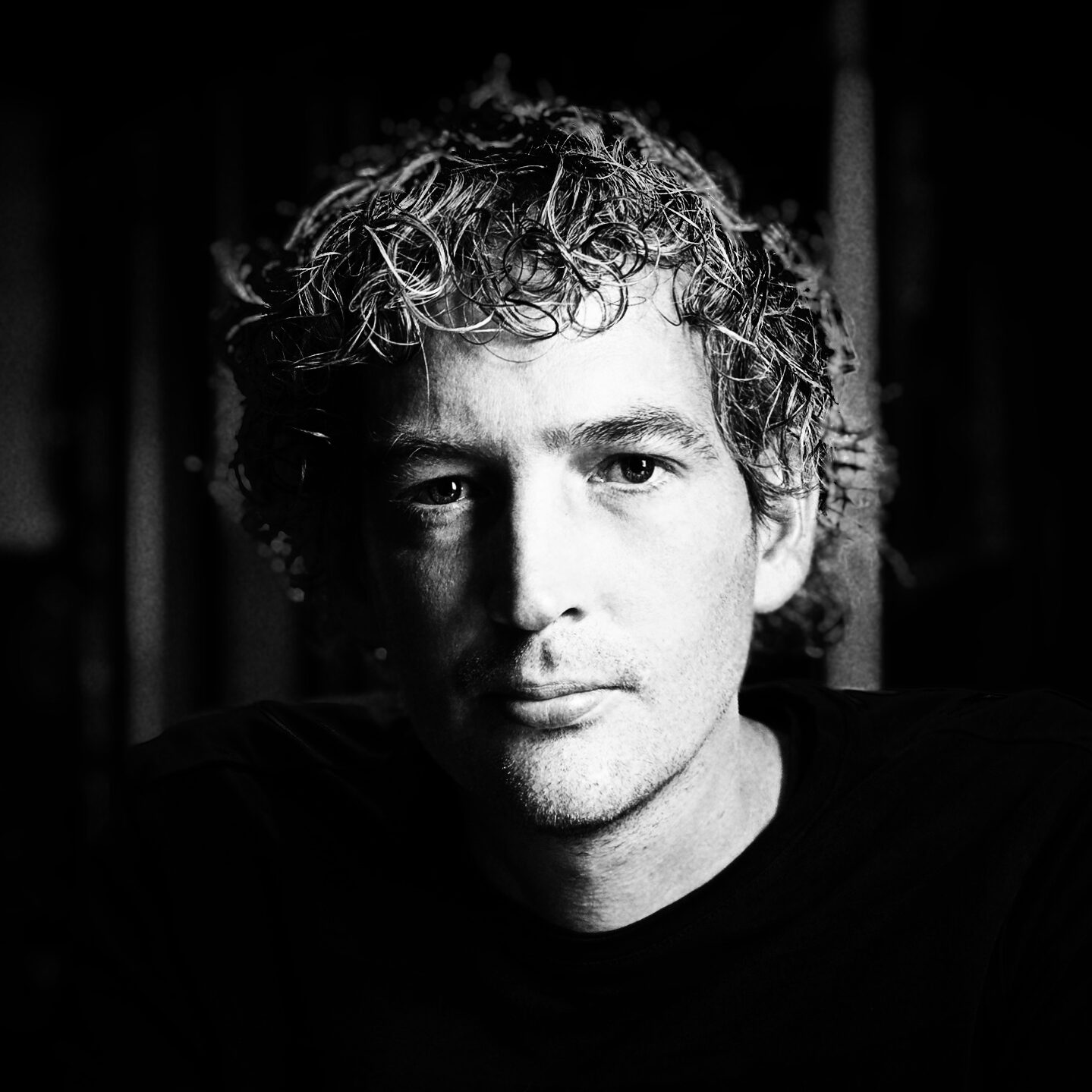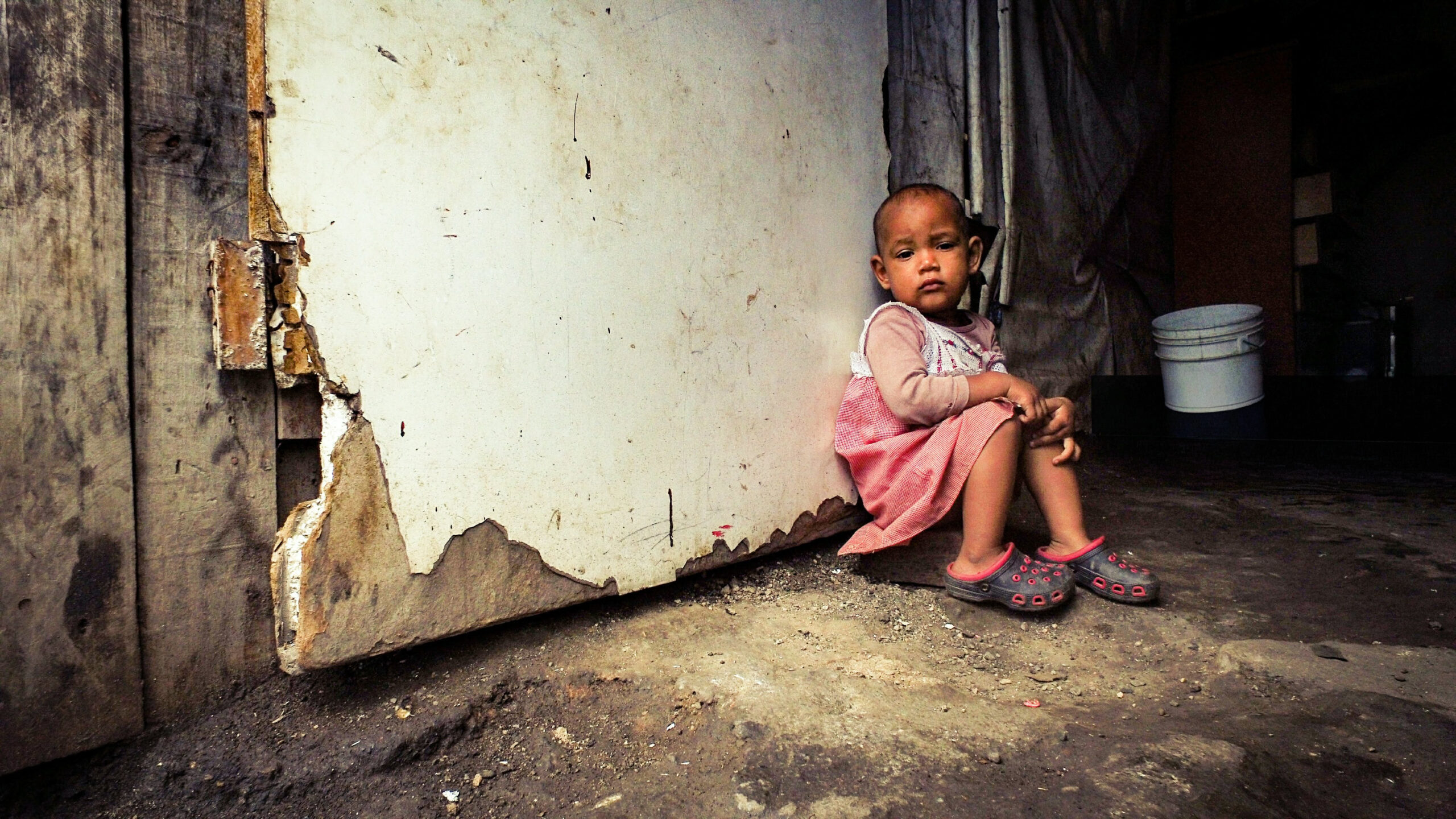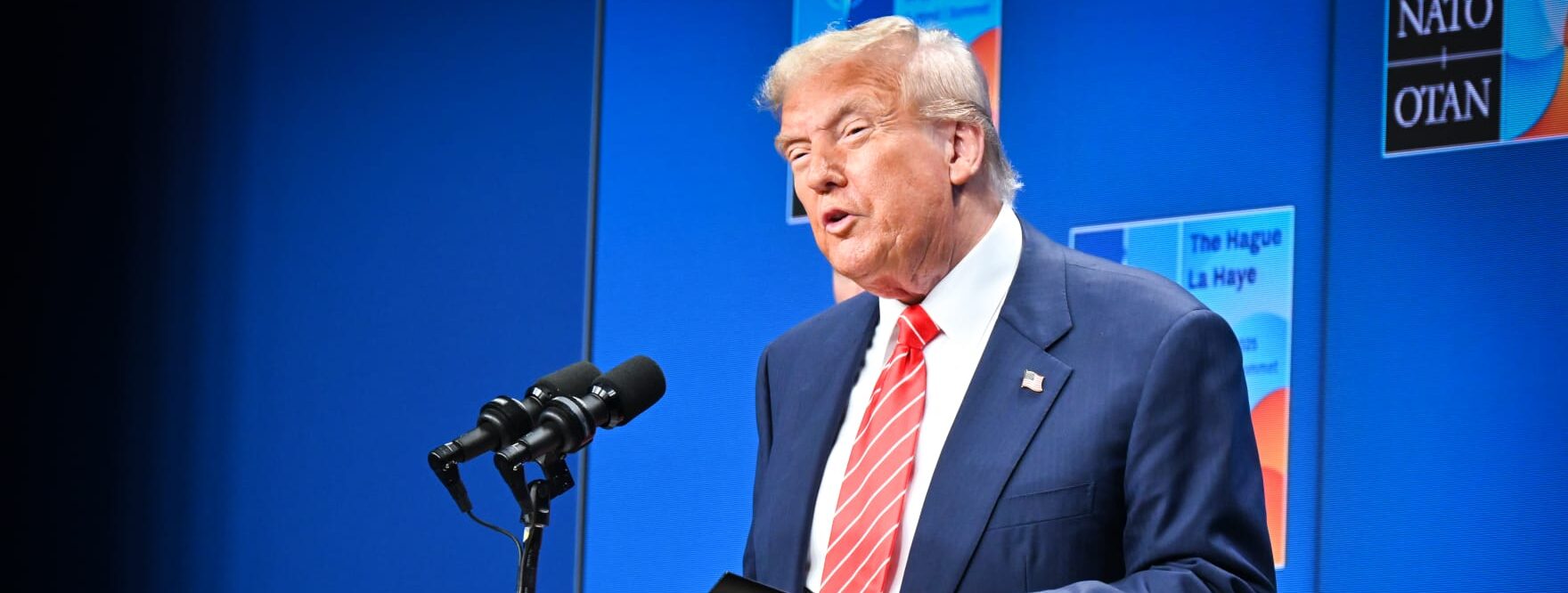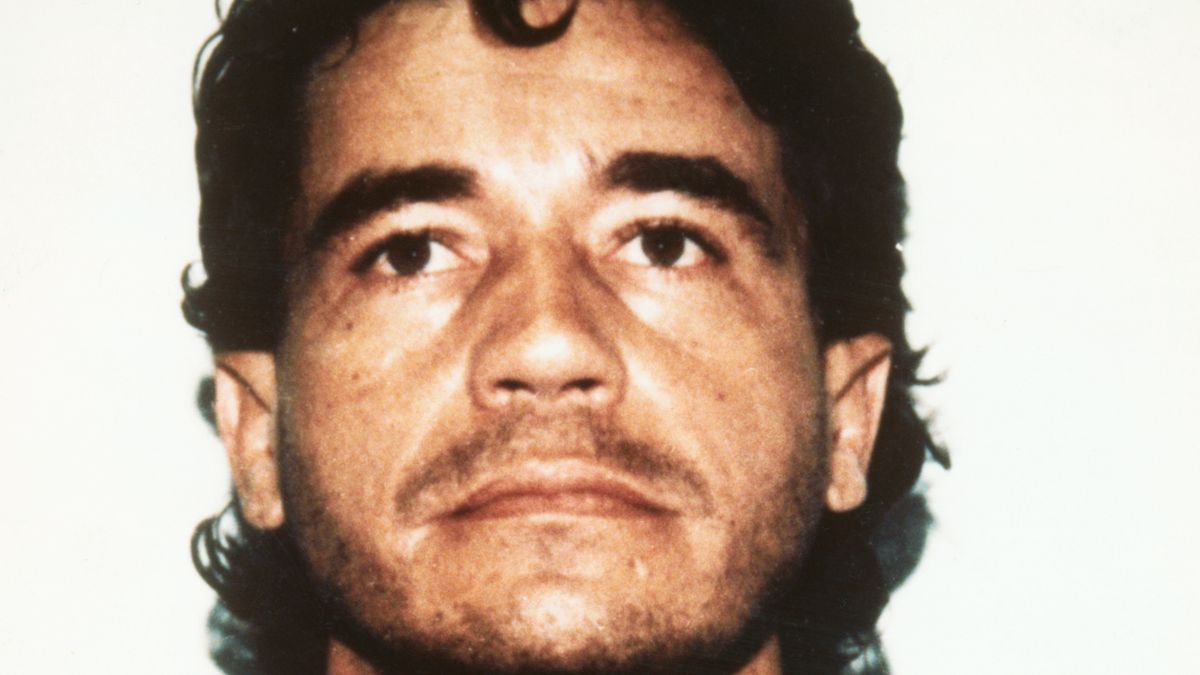I was halfway through my delicious dessert -a Kunefe- when the first reports of a coup came in. I had spent the hours before just outside the center of Gaziantep talking with two doctors about health care in Turkey. Mainly that for the more than 3 million refugees Turkey is currently hosting.
Return to your hotel
Streets were closed, bridges occupied, and fighter jets and helicopters were reportedly flying low over Istanbul and Ankara. According to initial reports. Quickly we decided to end our conversation and each go our separate ways.
I was advised to go back to my hotel. I decided to go to the police headquarters. I figured that if something was about to happen in Gaziantep, a place an hour from the border with Syria, the first signs of it would be visible there. I decided to watch from the steps of a closed restaurant across the street from the station.
Erdogan: Take to the streets
Many cars were approaching the main entrance at high speed and people were busy discussing. Not much later, the Prime Minister proclaimed on TV that a coup was underway. People were asked to take to the streets, The first honking cars appeared in front of the police station. People carried flags and shouted declarations of love for their President Erdogan. In no time, the entire city seemed to be moving toward the center, roads became clogged and people continued on foot while shouting. I decided to leave my post at the police station and follow the crowd to Gaziantep's central square.
When I arrived at the central square it was already half full. Erdogan had just indicated that the coup had failed, but also called on Turks to take to the streets and squares. People in the square went wild and the demonstration increasingly began to take on the character of a true popular festival. Gaziantep, the pro-Erdogan city, went wild.
Attacked
I had arrived in Gaziantep the morning before to write some stories about Turkey and Syria. I, like I think everyone in this square, had not seen a coup coming. I decided to talk to some people with the help of an interpreter. Despite all the hustle and bustle in the square, everything went very amiable at first. People in the square were so friendly, open and welcoming, as I had come to know them over the past few days. I decided to do a tour around the square on my own and thought it would be a nice thought to start a livestream via Periscope. For about eight minutes that went well, until two men came walking toward me in a straight line. While one man tried to take my phone away, the other man gave me the first punch. With no interpreter around, I tried to explain who I was, but before I knew it, the second punch came right to my eye. I tried to run away to the street behind me, but was knocked over, stood up and tried to make my way between the cars stopped on the street. The two men had now become five men, I felt another kick and suddenly found myself between two cars on the ground. The moment a boy got between me and the men, I saw my chance to sprint away quickly in the direction of the hotel.
I decided to spend the rest of the evening following the information via Twitter and TV. The flow of people toward the center seemed to have no end. For a long time it remained unclear whether a coup had really failed and soon the first theories began to emerge, including the possibility that Erdogan had done it all himself. At 4:41 a.m. I decide it's time to go to sleep.
The partying continues
The next morning I saw the damage; fortunately, it wasn't too bad. With a black eye, some abrasions and some pain in my ribs, I decided to start my day again in Gaziantep's central square. The square was still packed. It seemed as if people had not left and continued to party tirelessly.
The original plan, before the coup attempt took place, was to go to Nizip. Nizip is a place an hour east of Gaziantep, where one of the refugee camps is located. My interpreter and I decided to go ahead with the plan. After an hour of sitting in a crowded van, we arrived in Nizip. It was 41 degrees outside.
After asking around, we soon found out that it was virtually impossible to go to the camp today. Government offices were closed and the camp was closed to outsiders due to the events.
After an hour of talking with several residents and former refugees who had already found their place, we decided to go back to Gaziantep to see how the situation was in the central square. Erdogan had called on people to stay on the streets; mosques also repeated this call over their loudspeakers. On my Turkish phone, I received a text message with the same message "come to the squares, take to the streets.
Attacked again
The square had almost been transformed into a veritable event site in the hours of my absence. Stalls and a stage had risen and an aerial platform with a large Turkish flag stood in the middle of the square. I was invited to use the truck of the aerial platform to take pictures of the crowd from above. As I stepped off the aerial platform, I was stared at by four angry men. I had no idea what they were yelling at me, and my interpreter was still on the other side of the aerial platform. Pretty soon a police officer was standing next to me and while he was asking for my papers a skirmish ensued. I again received a few blows and was pushed against the aerial platform. The police told me to walk with them. An officer grabbed my arm and pushed me toward a small police station just outside the square. Fortunately, my interpreter saw it happen and walked with us discussing with the officer.
Behind us, the official part of the program began.
Government employees
Pretty soon some other government employees in civilian clothes joined us. They asked me - and mainly my interpreter - questions. I had to hand over my equipment, passport and press card. A series of questions and commands were given over the walkie-talkie. I would later learn from my interpreter that they asked her how she knew I was not like all the other Western journalists, how she knew I could be trusted, what we had all done and seen, and with whom we had been talking.
As agents scrolled through my phone, trying to read my messages and looking at my photos, I try to remember if I had nothing incriminating on it. I see a picture of the map of Syria come by with the current state of the balance of power, I gulp for a moment and am lucky that at that moment the government employee was distracted by a crowd of people coming to walk toward the gate from where we are standing.
The barrage of questions
More and more government officials in plain clothes are arriving, and my interpreter is under a barrage of questions; I see that she is holding strong, but worried. I don't understand a word of what's going on and just trust the best.
It becomes clear to me that the officers know about the incident the night before and do not understand why I come back to the same place afterwards. The group of people who have attacked me twice now appear to belong to a group that has a mangy hatred for journalists, especially Western ones. We spread lies or work for other governments, said one of the officials.
They know you now, stay away
My papers appear to be in order and after more than an hour we are allowed to go. Before we are allowed to leave, an official wonders why we had not reported to the press office. There I could get help. 'You should know that as a journalist,' said the official. He also advised me not to come back to the square. 'You are known now.
I decided against the customs and culture here to look for a beer. After a beer or two and a good conversation with a bartender at a bar, he decided I shouldn't go back to the hotel alone. A few blocks outside downtown, the streets were still packed with honking cars and screaming people. The party feeling I had earlier seemed to turn to a grim, almost terrifying atmosphere.
The bartender had called two friends. Two "security guards. Half an hour later, I saw myself making my way with those two through the crowd toward the hotel. The hotel staff, who by now had been informed of the events earlier that day, were worried. More worried than I was at that moment myself.
We would go the next day, if possible, to Killis, a village south of Gaziantep right on the border with Syria. As we sat on the bus toward Killis, my interpreter told us more about recent events. The border village has been targeted several times by rocket attacks from Syria. In the first five months of this year, at least 20 residents were killed as a result. She has family living there who will accompany us through the day.
Five minutes from Syria
The people of Killes are not afraid. Not afraid of the future, not afraid of war, afraid of nothing. God will determine it, is the answer I get from everyone. Syrians and Turks seem to live together like brothers and sisters, and no one I talk to even thinks about not admitting refugees anymore. Yet the government seems to think otherwise. In recent months, a large wall has been built on the border with Syria, rules to entry have been tightened and refugees are kept apart from residents. For example, they are not allowed to simply leave the camps and long-standing refugees are only allowed to travel between cities with permission.
At a teahouse, I strike up a conversation with some Syrian refugees. One of them is a trader. He has been here for six months and has somewhat more rights than an average refugee. Because of his position as a trader, for example, he is allowed to cross the border and back. He offers me, if I can get my papers in order, to go with him. In the conversation, the horrors of modern-day Syria come up. Supported by photos and videos of events, the trader wonders aloud what we as Europe are doing. We would only make things worse than they already are.
Police in front of the hotel
When I was back in my hotel room in Gaziantep in the evening, a police car stopped at the door of the small hotel. Two policemen got out and walked to the front door. I could swear they say something with the word Dutch. Outside the hotel, an endless crowd of people moves toward the central square. And so I fall asleep, hoping I will not experience any new surprises this night....




